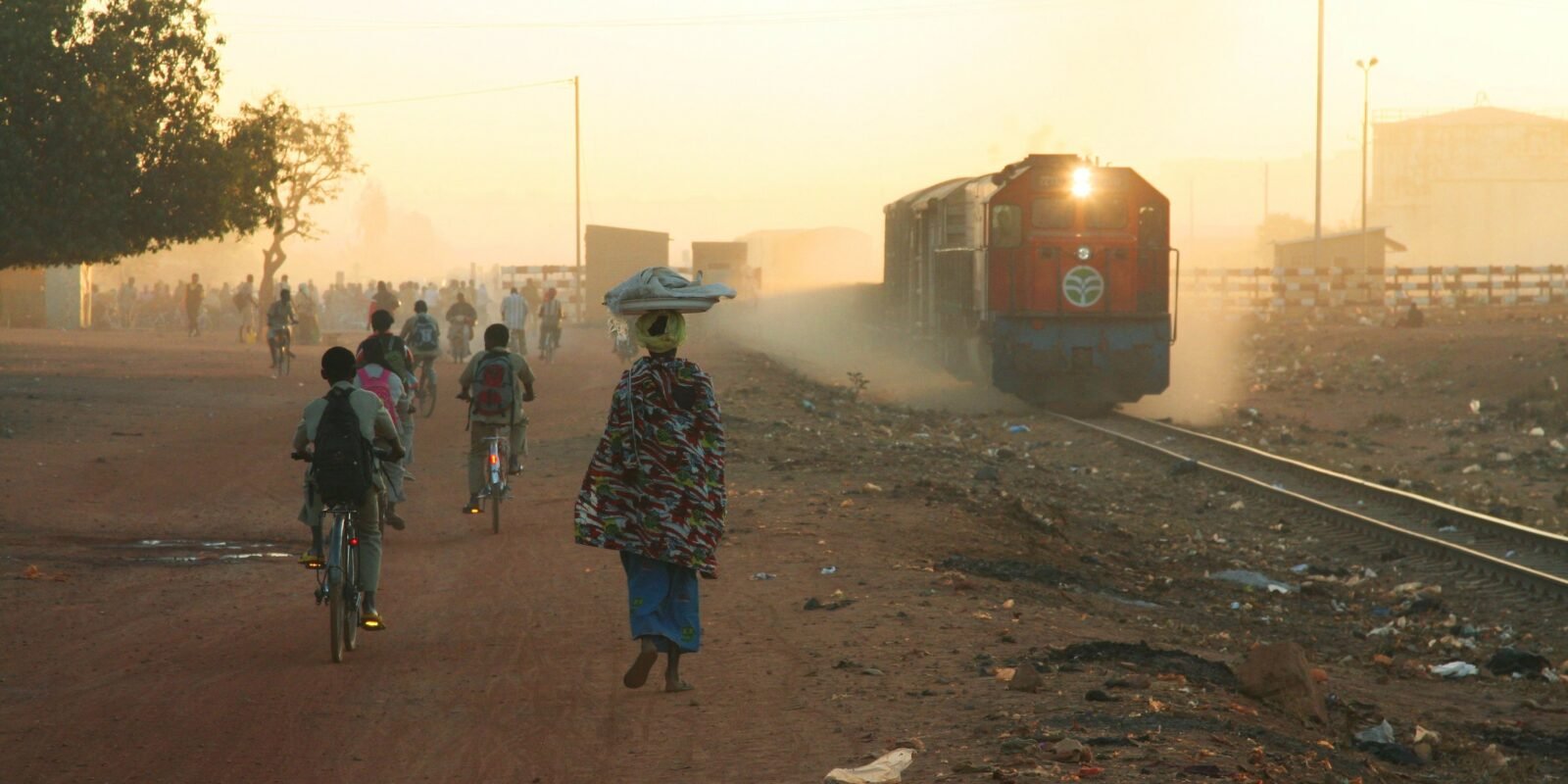Systematic feedback from Rohingya and host communities in Bangladesh
Ground Truth Solutions aims to provide Rohingya and local communities with a way to express their views and give feedback.
Moving from perception data to action in Burkina Faso
In 2020, we collected feedback from internally displaced people and non-displaced people on their experience with the humanitarian aid they received over the past six months and the impact COVID-19 was having on their lives.
People at the centre? A reality check on post-quake accountability to affected people in Haiti
This project aims to provide a check and balance on the endless rhetoric around ‘putting people at the centre’ by ensuring the views of crisis-affected Haitians are forefront in local decisions and global discussion.
Camp community perceptions on Covid-19 in Cox’s Bazar
The 34 camps in Cox’s Bazar, Bangladesh are some of the most densely populated areas in the world, housing some 860,000 Rohingya refugees who have fled their native country to seek protection from persecution and violence. Fears of a deadly coronavirus outbreak prompted a swift government-issued lockdown in March 2020, with humanitarians having to limit operations to essential services only.
Covid-19 response
As the Covid-19 pandemic took hold, we knew that listening to community feedback about what worked and what didn’t would be more important than ever when humanitarians, health workers, governments, and others came together to combat the virus.
System design and training: Supporting local NGOs in Afghanistan
With experience in designing simple and sustainable feedback systems, and the ability to train NGOs in how to best implement them, Ground Truth Solutions supported local Afghan NGOs in building the tools, skills and experience necessary to run systematic feedback mechanisms independently.
Understanding the experiences of Red Cross volunteers in Africa
Ground Truth Solutions worked with the International Federation of Red Cross and Red Crescent Societies (IFRC) to engage volunteers across its 49 countries of operation in Africa.
Supporting an accountable response in Uganda
Ground Truth Solutions has been supporting Accountability to Affected People efforts under the U-Learn Consortium which promotes improved outcomes for refugees and host communities in Uganda.
Supporting communication and community engagement for disaster preparedness and response in the Pacific
Aiming to strengthen localisation through capacity building, we worked to support local actors in the region by embedding sustainable, locally-led solutions in-country.
An accountable humanitarian response in Chad
Since 2018, we have been tracking the perceptions of people affected by crisis in the Lac, Ouaddaï and Logone Oriental provinces to highlight their opinions about the humanitarian aid they receive.
Strengthening accountability to crisis-affected people in Central African Republic
Global claims of improved accountability in humanitarian action are not often supported by evidence. That’s why we work with humanitarian actors in CAR who are aiming to improve accountability to affected populations, by tracking and sharing the views of people receiving aid.
User journeys of Syrian refugees receiving multi-purpose cash from WFP in Lebanon
In collaboration with CAMEALEON and WFP, Ground Truth Solutions explored the lived experiences or user journeys of Syrians receiving multi-purpose cash (MPC) assistance from the World Food Programme (WFP) in Lebanon.
Disaster preparedness and feedback in Uganda
In partnership with the Netherlands Red Cross (NLRC) and the Ugandan Red Cross Society (URCS), Ground Truth Solutions supported the creation and implementation of a systematic feedback system for the Innovative Approaches to Response Preparedness (IARP) project in Uganda.
Perceptions of Covid-19 in Iraq
As a part of our global initiative to gauge perceptions on Covid-19, we have partnered with the UNOPS Iraq Information Centre (IIC) to hear what refugees, returnees, and IDPs have to say about the response to the pandemic.
Perceptions of COVID-19 in Somalia
In Somalia, we are conducting country-wide telephone surveys with internally displaced people, people in need, and Somali citizens.
Perceptions of COVID-19 in Syria
Containment and successful treatment of COVID-19 is contingent on community behaviour, which is inherently linked to information, trust and risk perception.
Perceptions of Covid-19 in Uganda
As the global pandemic emerged in early 2020, it presented unprecedented challenges both to refugee communities across Uganda and the humanitarian response implemented on their behalf.
Feedback from people on the move in Burkina Faso and Niger
Together with the British Red Cross (BRC) we developed a feedback mechanism for affected populations targeted by the Action for Migrants: Route Based Assistance (AMiRA) programme in a project funded by the Department for International Development (DFID).
Humanitarian reform in Iraq, Uganda and Somalia
We believe global humanitarian reform begins in places affected by disasters, not in global capitals. That’s why we want to understand how people affected by crisis experience humanitarian action – and help humanitarian actors change course as a result.
Understanding the impact of Covid-19 on cash and voucher assistance
Covid-19 has sparked an economic crisis that will disproportionately affect the most vulnerable members of society, particularly in humanitarian contexts. The Cash Barometer project explores its economic impact, helping humanitarians to better understand its various effects, as well as to what extent recipients’ perspectives inform cash and voucher assistance (CVA) responses, on two levels: global and in-country.




















